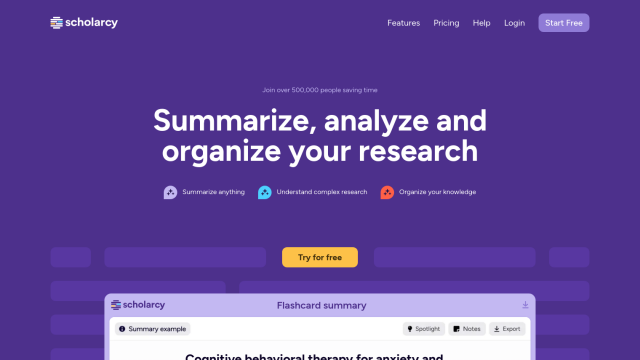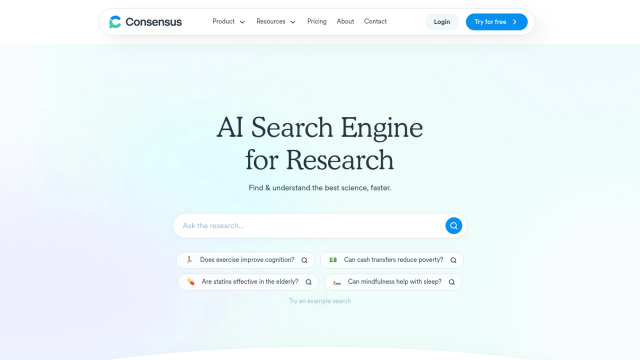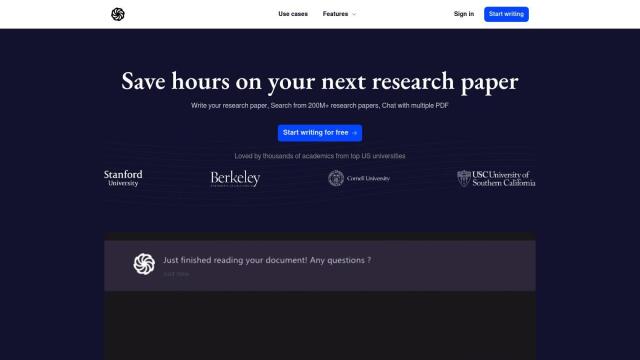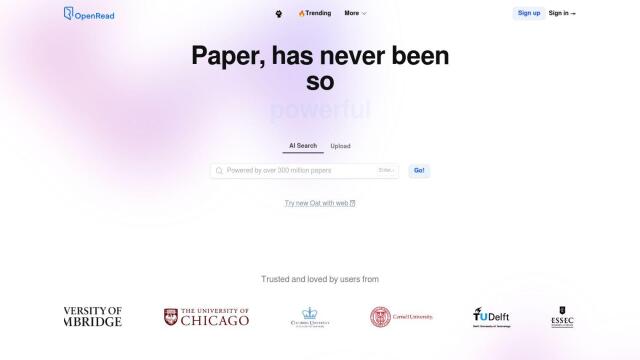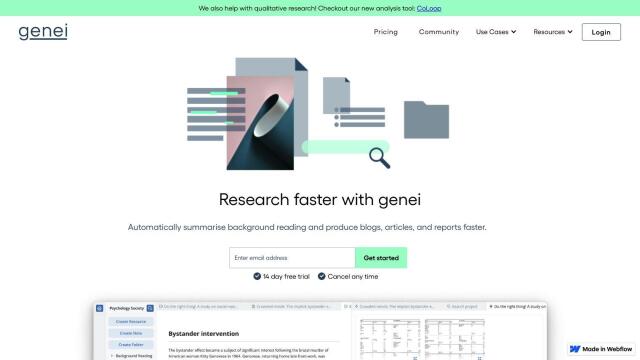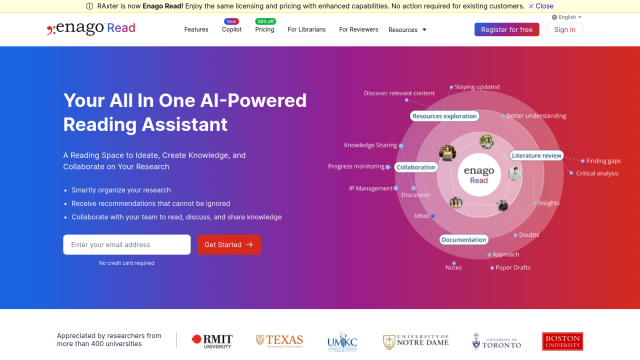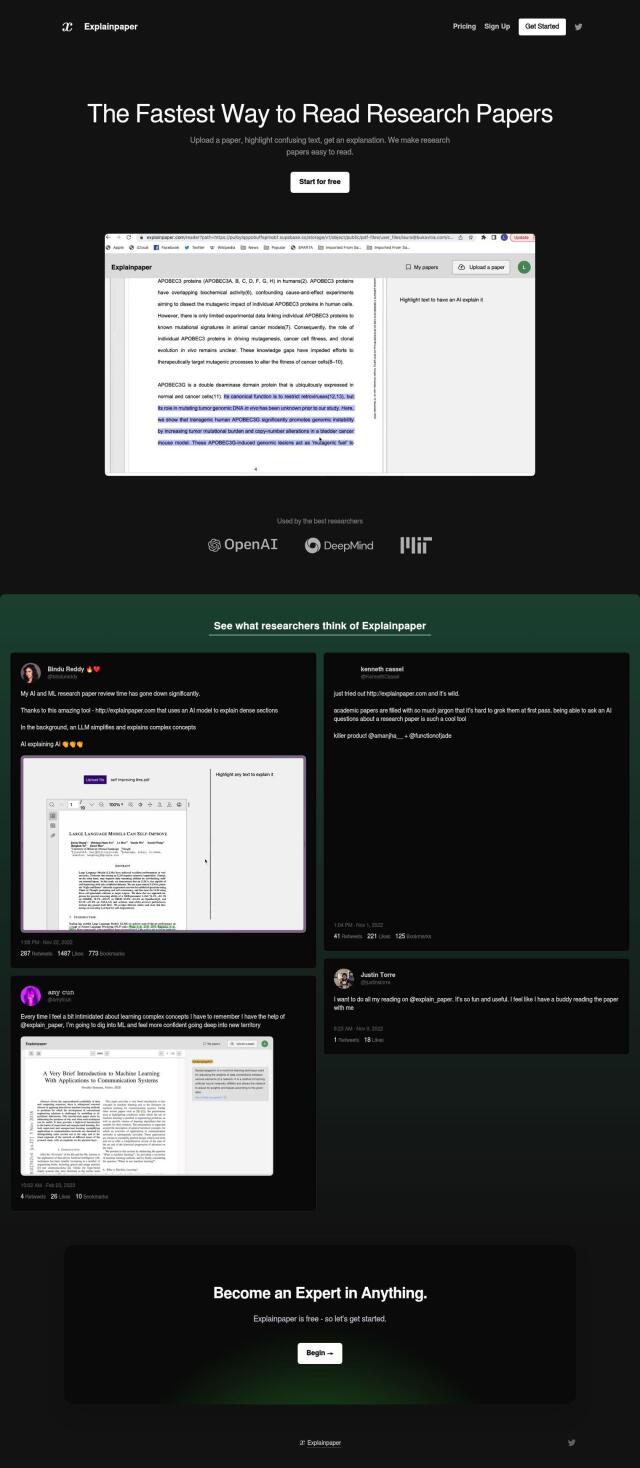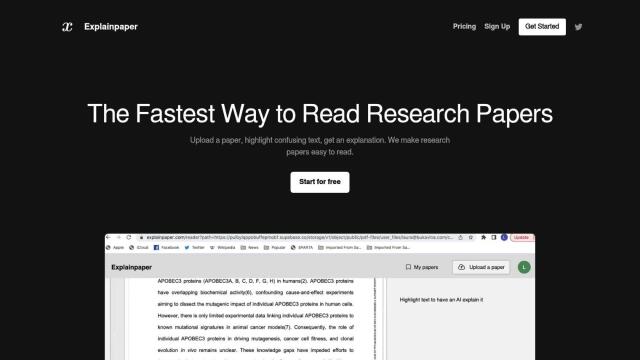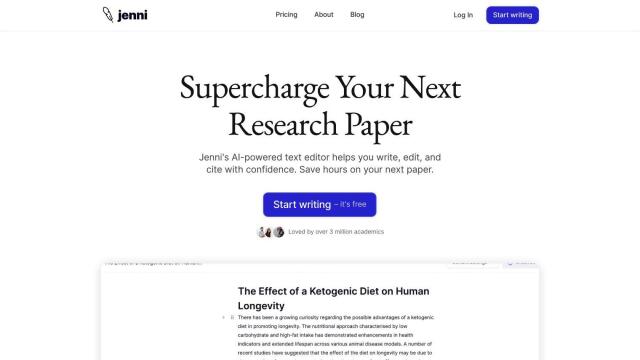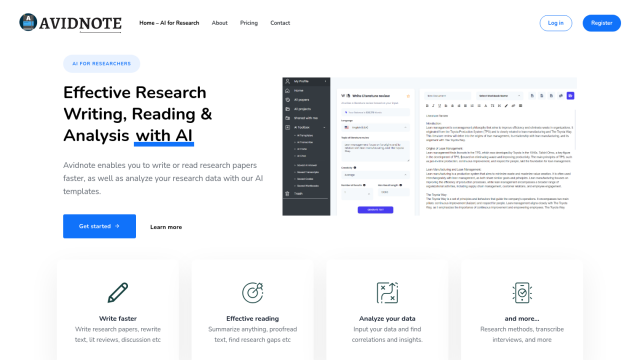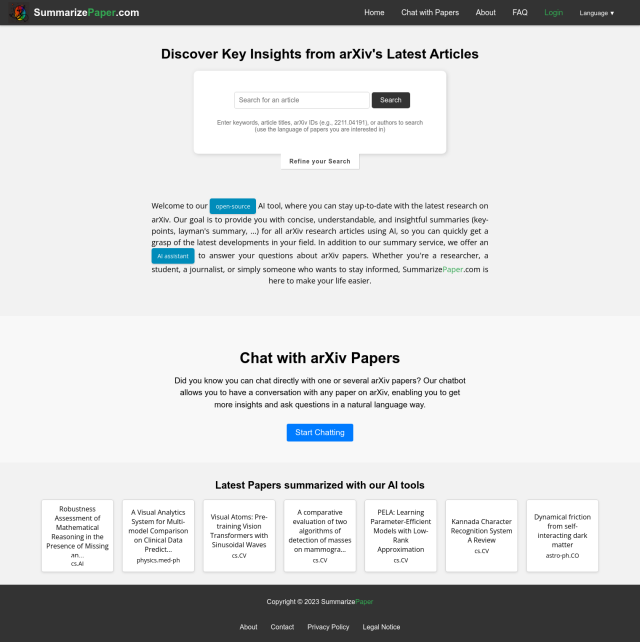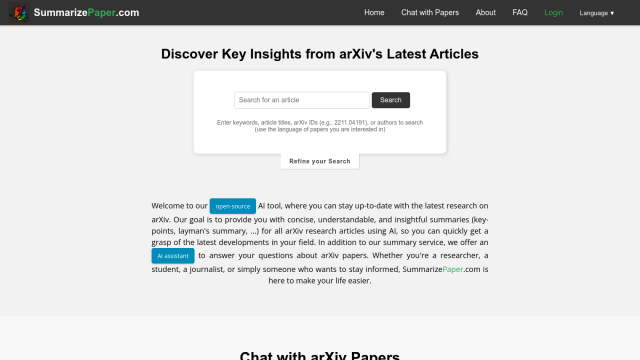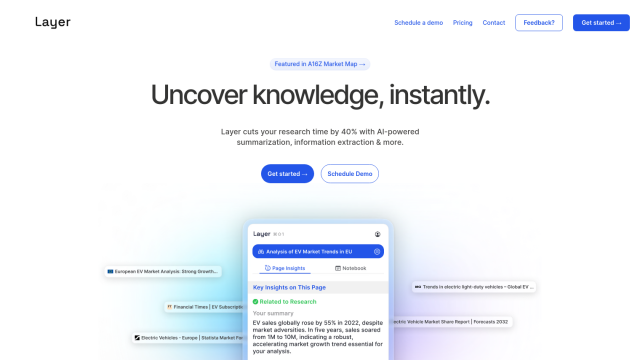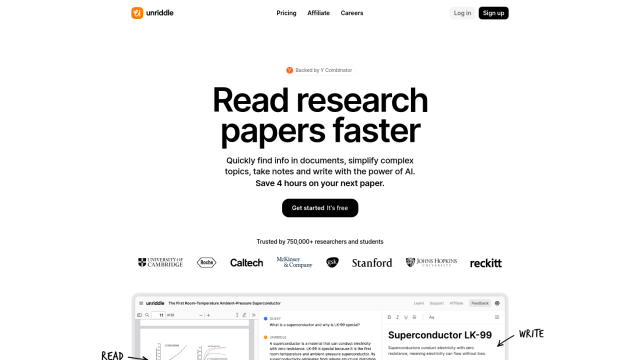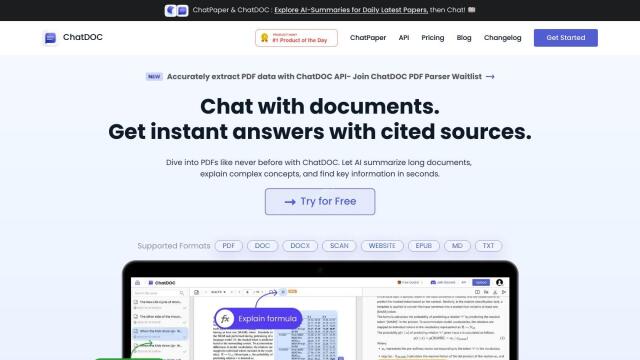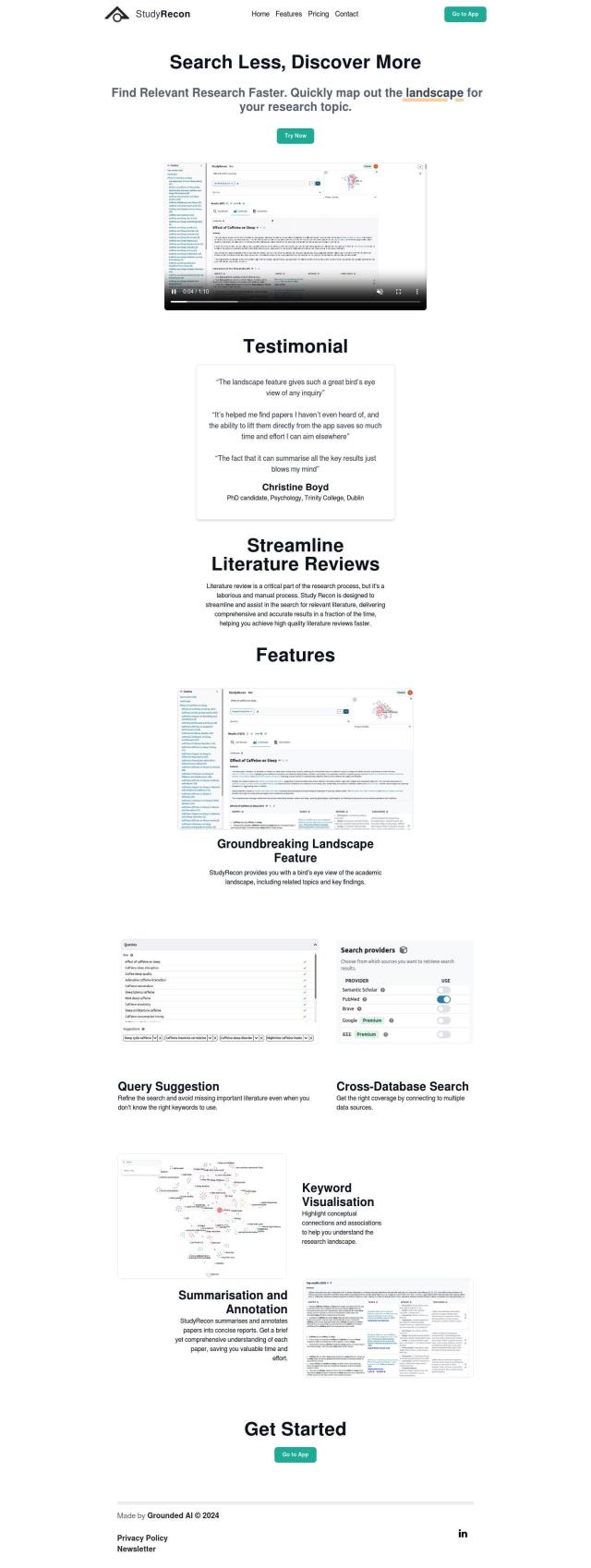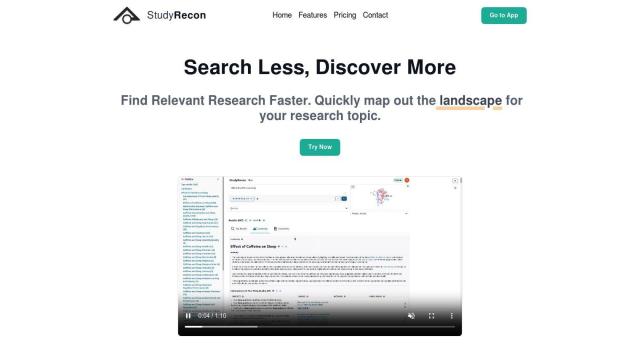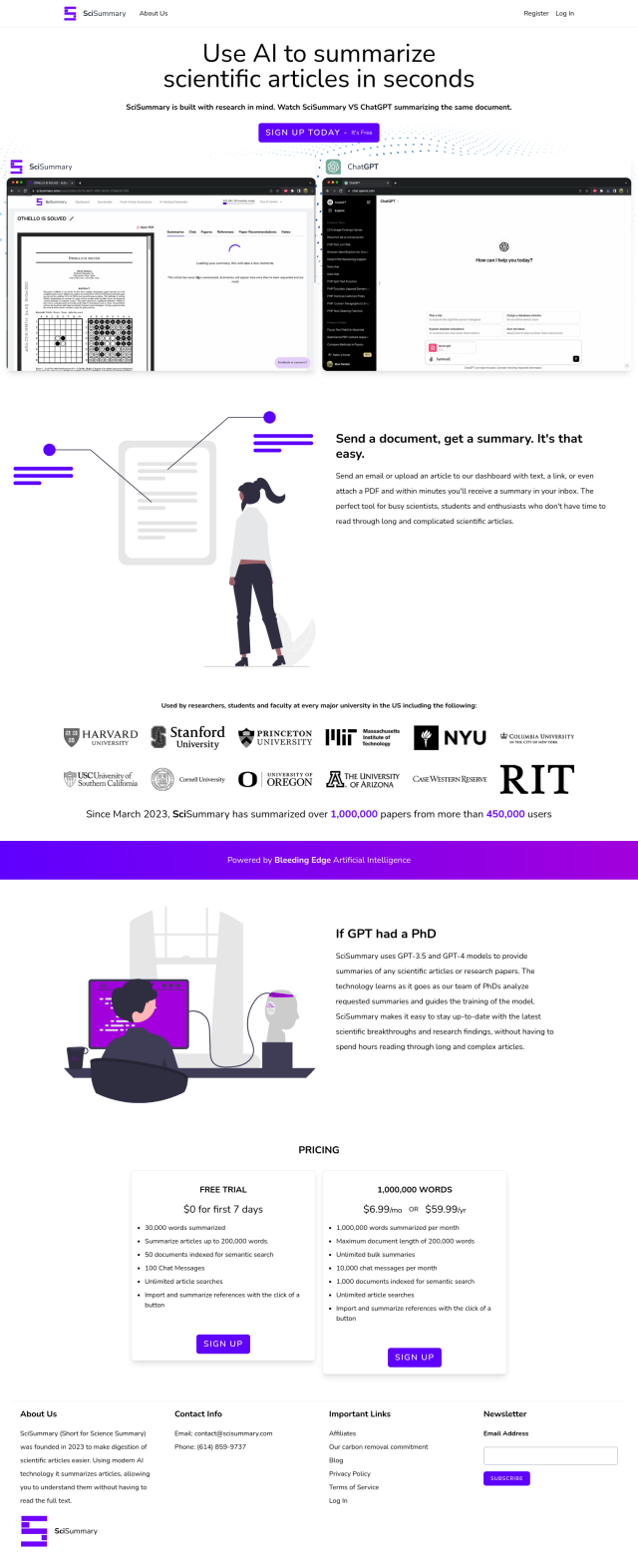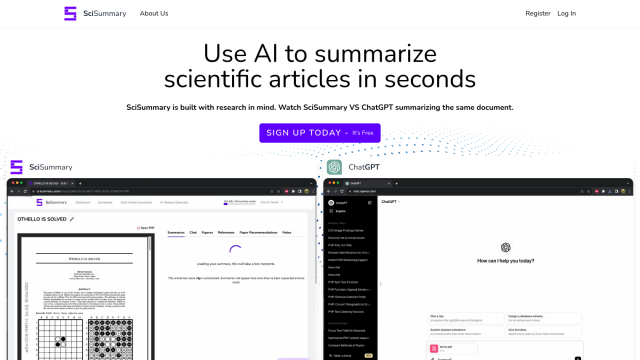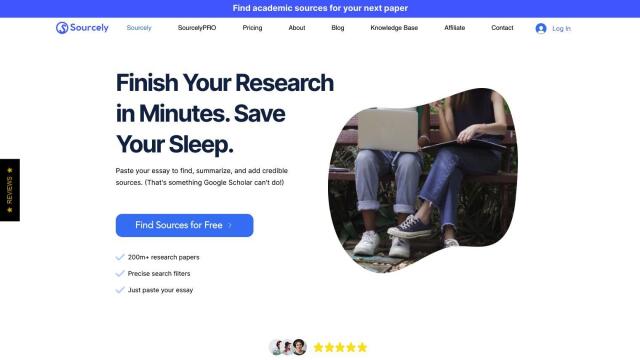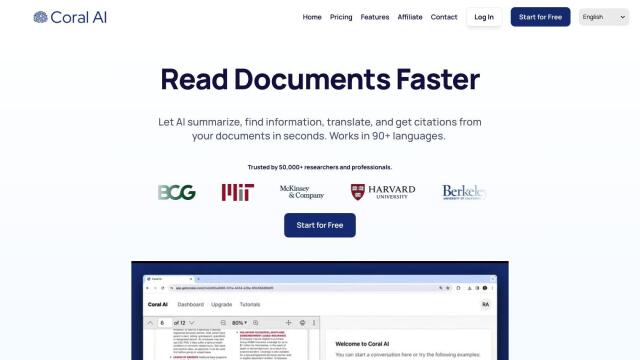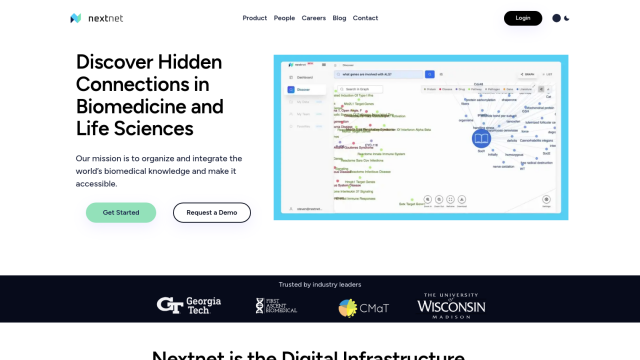Question: I'm looking for a tool that provides context and categorization of evidence in research papers, can you suggest one?

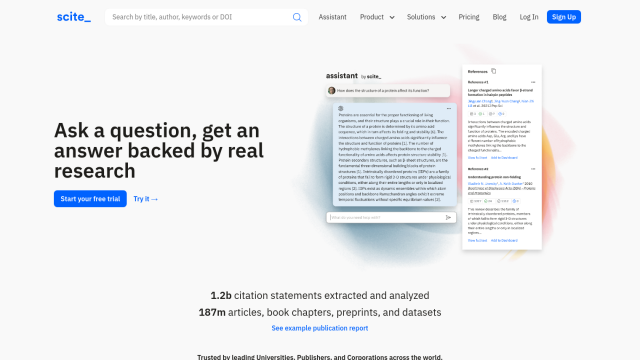
Scite
If you're looking for a tool that adds context and categorization to evidence in research papers, Scite is a good option. Scite offers Smart Citations that add context to evidence supporting or contradicting points in scientific papers, along with other tools like customizable dashboards, reference checking and journal metrics. It indexes a massive database of more than 1.2 billion citations to 187 million articles and chapters, so it can offer a rich and authoritative assessment of research papers.
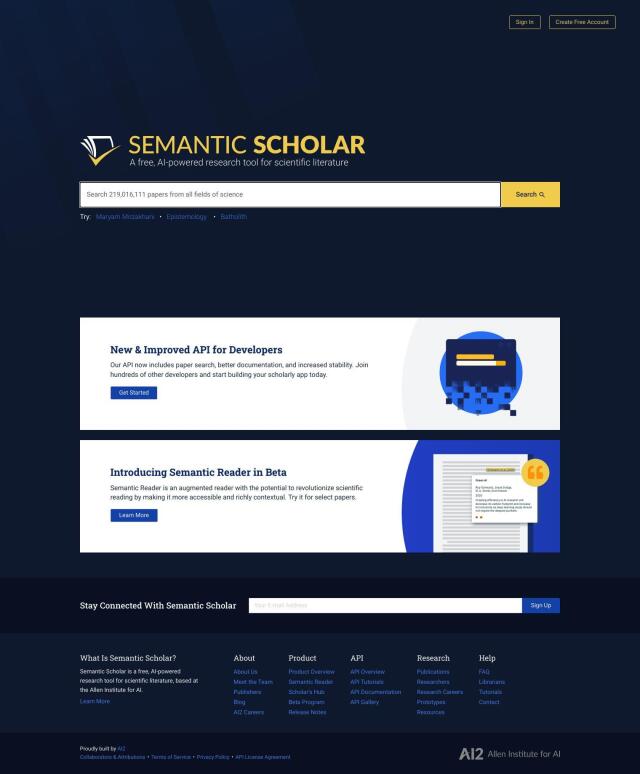
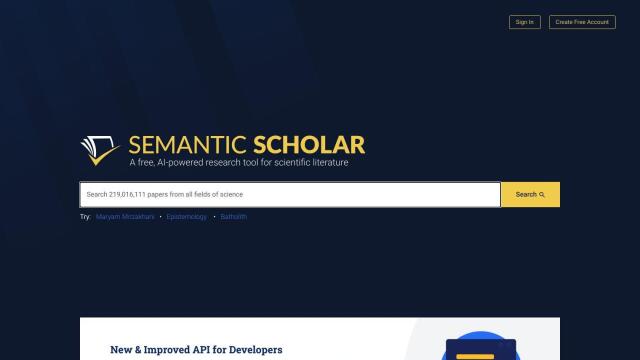
Semantic Scholar
Another good option is Semantic Scholar, a free AI-powered research service that offers short summaries (TLDRs) and filtering options for various attributes. It also offers tools to cite papers in different citation styles, organize papers into folders and create research feeds. With AI-created definitions, paper recommendations and open access resources like the Academic Graph API, Semantic Scholar can be a useful addition to your research workflow without any subscription costs.

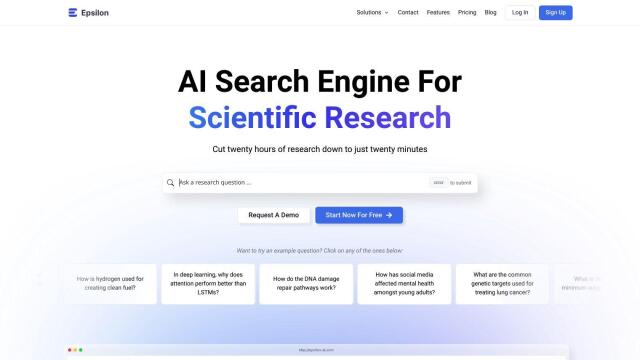
Epsilon
If you want a more powerful AI-powered search engine, Epsilon is a good option. Epsilon speeds up scientific discovery by summarizing content, synthesizing insights and validating claims. It includes tools like Investigate for summarized answers, Search to categorize publications and Synthesize to create detailed summaries. With a free tier and several other pricing options, Epsilon is available to researchers at all levels.

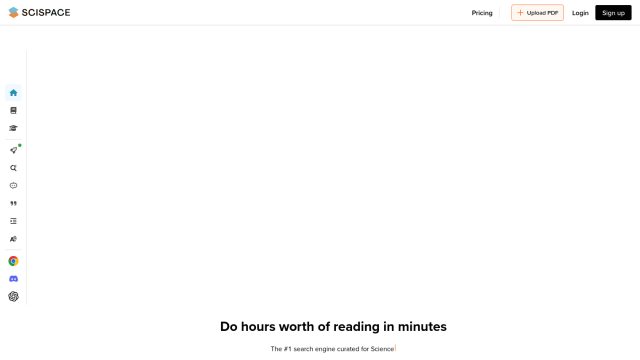
SciSpace
SciSpace is also worth a look if you want to be able to interact better with scientific PDFs. It lets you highlight passages, create citations and write literature reviews. With the ability to paraphrase, create explanations and summarize, SciSpace can help you better understand and work with the hundreds of research papers that are common in many fields.



